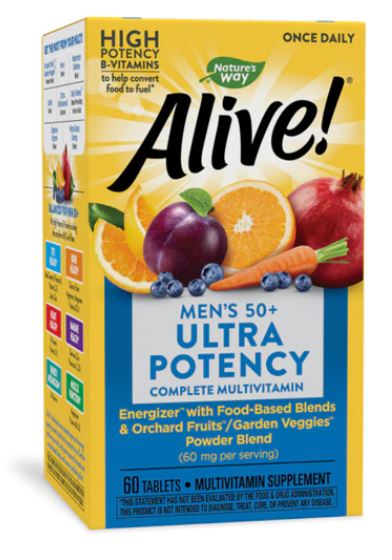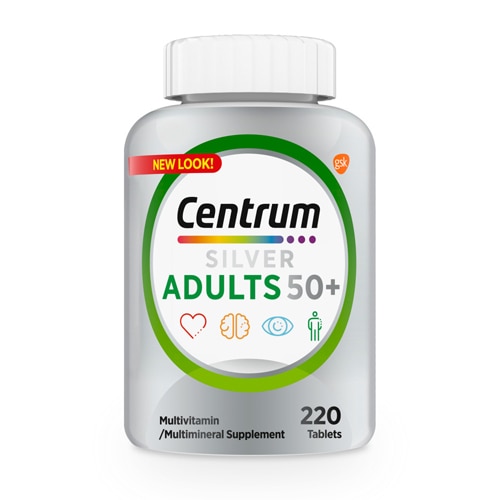Healthy aging is a hot topic these days, and with good reason when you consider how many of the 76 million baby boomers, now in their 50s, 60s and 70s, are interested in living as long, and as well, as possible.
While age is a risk factor for serious illnesses including diabetes, cancer, heart disease and Alzheimer’s disease, it is now well established that a healthy lifestyle can help to reduce our risk of these chronic problems in our later years.
Learning more about which daily choices are most conducive to optimal wellness increases our odds of extending not just our life span, but more importantly, our
health span, the years in which we are blissfully free of chronic illness. Check out these healthy aging tips.
 Healthy Aging Tips
Healthy Aging Tips
Prefer plants
An abundant body of research confirms that a plant-forward diet, starring fresh fruit, veggies, whole grains, beans, legumes, nuts and seeds, is positively associated with healthy longevity in humans.
Compared with a Standard American Diet (SAD), based largely on processed items, simple carbs, refined sugar, high-fat dairy products and red meat, a menu rich in whole plant foods has been shown to reduce the risk of chronic diseases such as obesity, type 2 diabetes, cardiovascular disease and some cancers.
1 If you like the idea of deliciously life-affirming, “rainbow” fare, check out these tips for getting on board with a healthy,
plant-based diet.
1
Exert yourself
Daily
exercise plays a key role in healthy aging, not just physically, but mentally and emotionally as well. According to one team of researchers, “Numerous studies have shown that maintaining a minimum quantity and quality of exercise decreases the risk of death, prevents the development of certain cancers, lowers the risk of osteoporosis and increases longevity.”
2 There is also a growing body of literature that recognizes the positive effects of exercise on mood states such as anxiety, stress and depression.
3
Make exercise habit-forming by exploring fitness pursuits you may enjoy, such as
yoga, hiking, swimming, biking, surfing or
weightlifting. Even a daily 30-minute
walk, something most people can easily manage, goes a long way in supporting healthy aging.
Stay hydrated
Drinking enough water each day is important for everyone, but seniors can be especially vulnerable to dehydration because appetite and thirst tend to diminish with age. And yet, our body composition also changes, increasing our need for healthy fluids. To stay well-hydrated over time, try these ideas on for size:
- Sip before you munch – Drinking a glass of water before daily meals and snacks is ideal, and may also help prevent weight gain, since it helps people avoid mistaking hunger for thirst.
- Mix it up – Enjoy sparkling water, healthy sodas, hot or iced caffeine-free tea, and fresh-pressed diluted fruit/veggie juices.
- “Eat” your water – along with drinks, increase water-dense foods such as tomatoes, cucumbers, melon and citrus fruits.
- Love mocktails – Heavy drinking puts older people at greater risk for diabetes, high blood pressure, congestive heart failure, liver and bone problems, memory issues and mood disorders.5 For a refreshing way to slash your risk, check out this Guide to Creating Perfect Mocktails for the Holidays Also, learn more here about why sobriety is an increasingly hot trend for wellness seekers.
Maintain positive connections
In her recent book,
Growing Young: How Friendship, Optimism, and Kindness Can Help You Live to 100, author Marta Zaraska discovered that how we interact with the world can influence how well we age as much, or even more, than how we eat or exercise.
Zaraska notes that a dedicated support network of family and friends lowers mortality risk by about 45%, while exercise lowers it by about 23%. In addition to healthy nutrition and physical activity, deepening friendships, practicing empathy and giving back to others may measurably improve your “health span.”
Modify your mindset
Research suggests that the way we
think about aging may impact our longevity as much as the physical choices we make. Rejuvenate your mindset with these tips:
- Befriend the young - Whether you join mixed-age groups, spend time with children and grandkids, or do volunteer work, connecting with youthful minds and attitudes helps you continue “thinking young” over time.
- Cultivate healthy self-esteem – The better we treat ourselves?mentally, physically, and emotionally?the better we tend to treat those around us, which of course benefits everyone. As Gloria Steinem aptly noted, “Self-esteem isn't everything; it's just that there's nothing without it.”
- Be a lifelong learner – Why not pick up a musical instrument, master a new language, see a new place, read a new book or think a new thought? Challenging your mind with novel, positive ideas throughout life is a vital key to happiness, and also supports healthy cognition. Learn more here about the benefits of hobbies.
While there are many additional aspects of healthy aging, these ideas can demonstrably increase your chances of living not only long, but
well. Here’s to your health, or as the Italians say, ecco per la tua salute!
Featured Product:
 References
1https://pubmed.ncbi.nlm.nih.gov/31728495/
2https://pubmed.ncbi.nlm.nih.gov/29150166/
3https://pubmed.ncbi.nlm.nih.gov/23063021/
4 https://newsroom.ucla.edu/releases/study-finds-a-lack-of-adequate-hydration-among-the-elderly
5https://www.drugabuse.gov/publications/substance-use-in-older-adults-drugfacts
References
1https://pubmed.ncbi.nlm.nih.gov/31728495/
2https://pubmed.ncbi.nlm.nih.gov/29150166/
3https://pubmed.ncbi.nlm.nih.gov/23063021/
4 https://newsroom.ucla.edu/releases/study-finds-a-lack-of-adequate-hydration-among-the-elderly
5https://www.drugabuse.gov/publications/substance-use-in-older-adults-drugfacts
 Healthy Aging Tips
Healthy Aging Tips References
1https://pubmed.ncbi.nlm.nih.gov/31728495/
2https://pubmed.ncbi.nlm.nih.gov/29150166/
3https://pubmed.ncbi.nlm.nih.gov/23063021/
4 https://newsroom.ucla.edu/releases/study-finds-a-lack-of-adequate-hydration-among-the-elderly
5https://www.drugabuse.gov/publications/substance-use-in-older-adults-drugfacts
References
1https://pubmed.ncbi.nlm.nih.gov/31728495/
2https://pubmed.ncbi.nlm.nih.gov/29150166/
3https://pubmed.ncbi.nlm.nih.gov/23063021/
4 https://newsroom.ucla.edu/releases/study-finds-a-lack-of-adequate-hydration-among-the-elderly
5https://www.drugabuse.gov/publications/substance-use-in-older-adults-drugfacts



